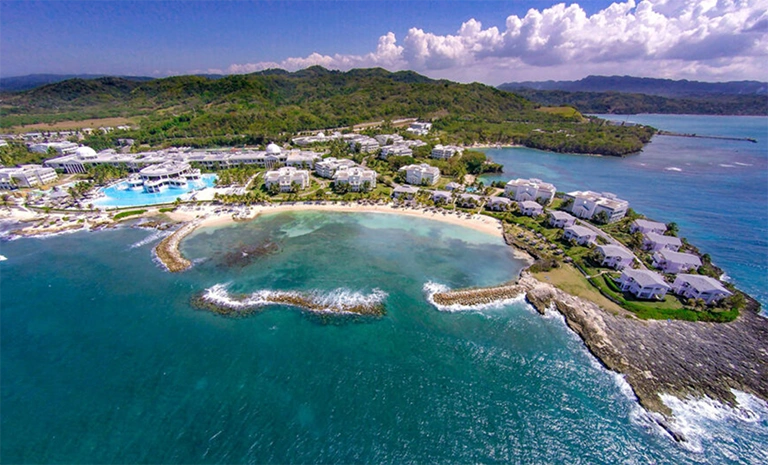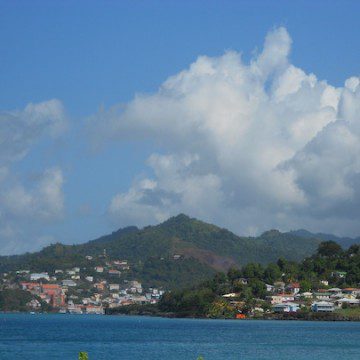Op-Ed: Liquefied Natural Gas, Nuclear Power and the Environment in Jamaica

By Ramesh Sujanani
Op-Ed Contributor
There was an article in the Jamaica Gleaner last week describing the choice of an Liquefied Natural Gas plant (Fossil Fuel) for handling up to 460 megawatts over the next three years.
We have probably flogged this topic to death, and yet no consideration is made of its environmental effects.
Coal is understood to emit a poor environmental footprint, which includes a significant emission of sulfur and nitrogen oxides, which produce acid rain. Coal is also a fossil fuel, with emissions of other harmful gasses.
What about LNG? In 2006, there was a large amount (in the United States) of greenhouse gas emissions, which is the cause of global warming, a subject on which we have had a lot of comment; in fact 81.3 percent of these gasses reportedly came from the burning of fossil fuels, including coal.
The main emissions of LNG are these same global warming gasses, particularly carbon dioxide and methane. Though methane (sometimes called Marsh Gas) accounts for only 1.1 percent, it traps heat 21.5 percent more than carbon dioxide.
There are new developments in LNG technology, in which heat is fed back into the emission source and causes a further burning of the greenhouse gasses; but this raises the capital cost of the plant. It will still retain a certain amount of Sulfur and Nitrogen gasses.
At the current prices of LNG, the cost of energy production is lower, and the fuel may be considered efficient at the price.
Now I understand a combined cycle plant, which is what is being considered, is the most efficient, especially when so much of the diesel plants in our reserve can be converted to LNG, and a combined cycle may be set up in their operations.
But what about capacity? We need 460 megawatts to suffice in Jamaica within the next three to five years, and that is what seems to be consistent with current needs.
Within the next 10 years, we shall need more than 1,000 megawatts to satisfy our needs: so what do we do then?
Do we wait seven years and find ourselves hopelessly behind on energy production, as is our present situation?
No, this needs more planning.
The least emissions are available in renewable energy resources, which are still not sufficient or efficient enough to satisfy a significant part of our needs.
The most emission-free source of energy, the one that has the least environmental effects, and the one that is sufficient, is Nuclear Power.
The problem here is that you have to buy a plant anywhere from 500-1000 megawatts at least. Nuclear plants take a lot of investment, but a great deal of the costs lie in safety, control and disposal measures, and it would take around 7-10 years to build.
But the plant will last 50-70 years before you need to demolish it.
The timing is right for Jamaica, and perhaps we can grow our economy somewhat faster, and save on the expenditures on LNG plants; though we can have them operational for standby and reserve capacity.
I am therefore challenging the OUR, JPS, and the Shirley Committee to consider this last option.
I suppose in these matters there is no simple solutions, only intelligent compromises.
Ramesh K. Sujanani can be reached at rsujanani78@gmail.com.
Note: the opinions expressed in Caribbean Journal Op-Eds are those of the author and do not necessarily reflect the views of the Caribbean Journal.







